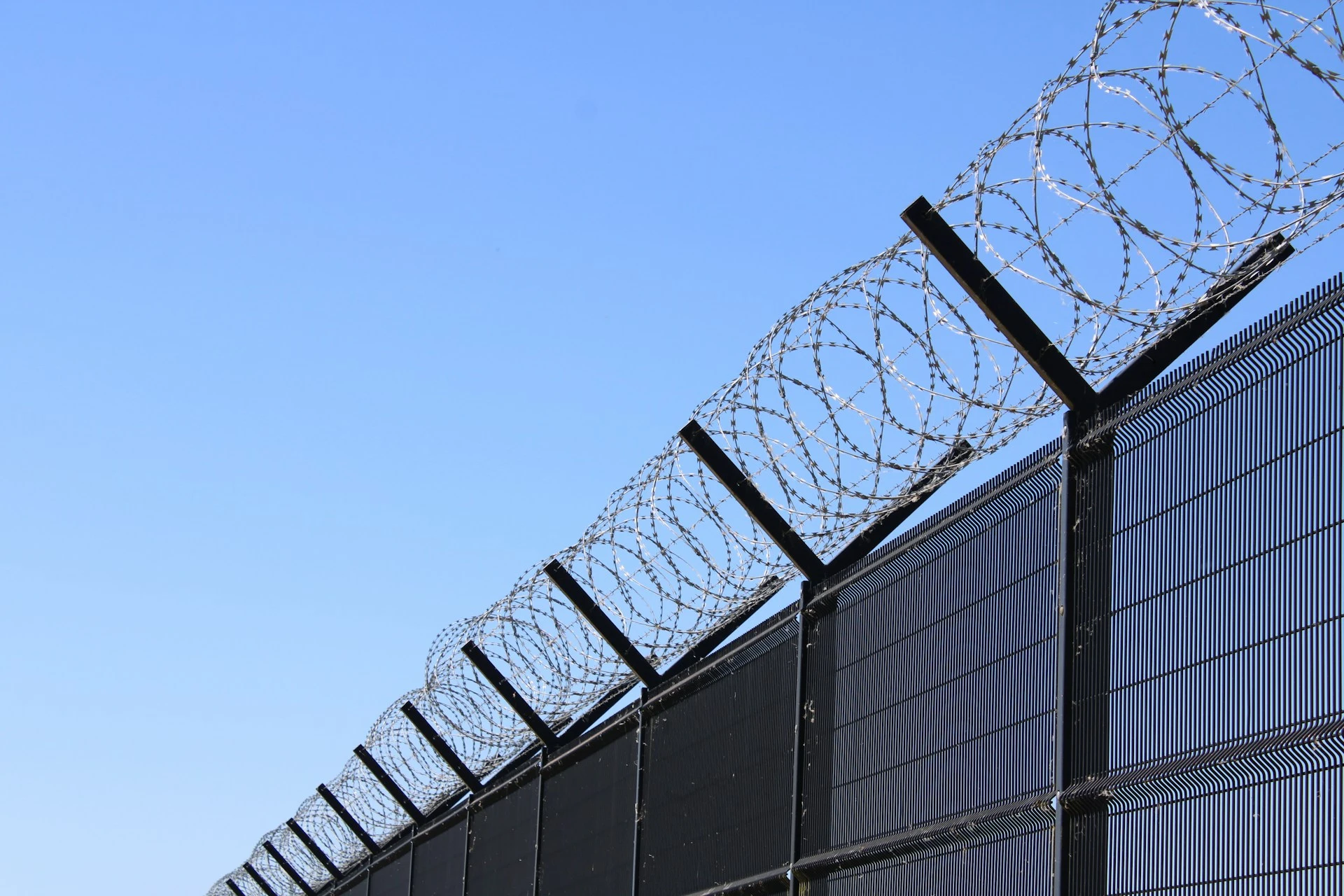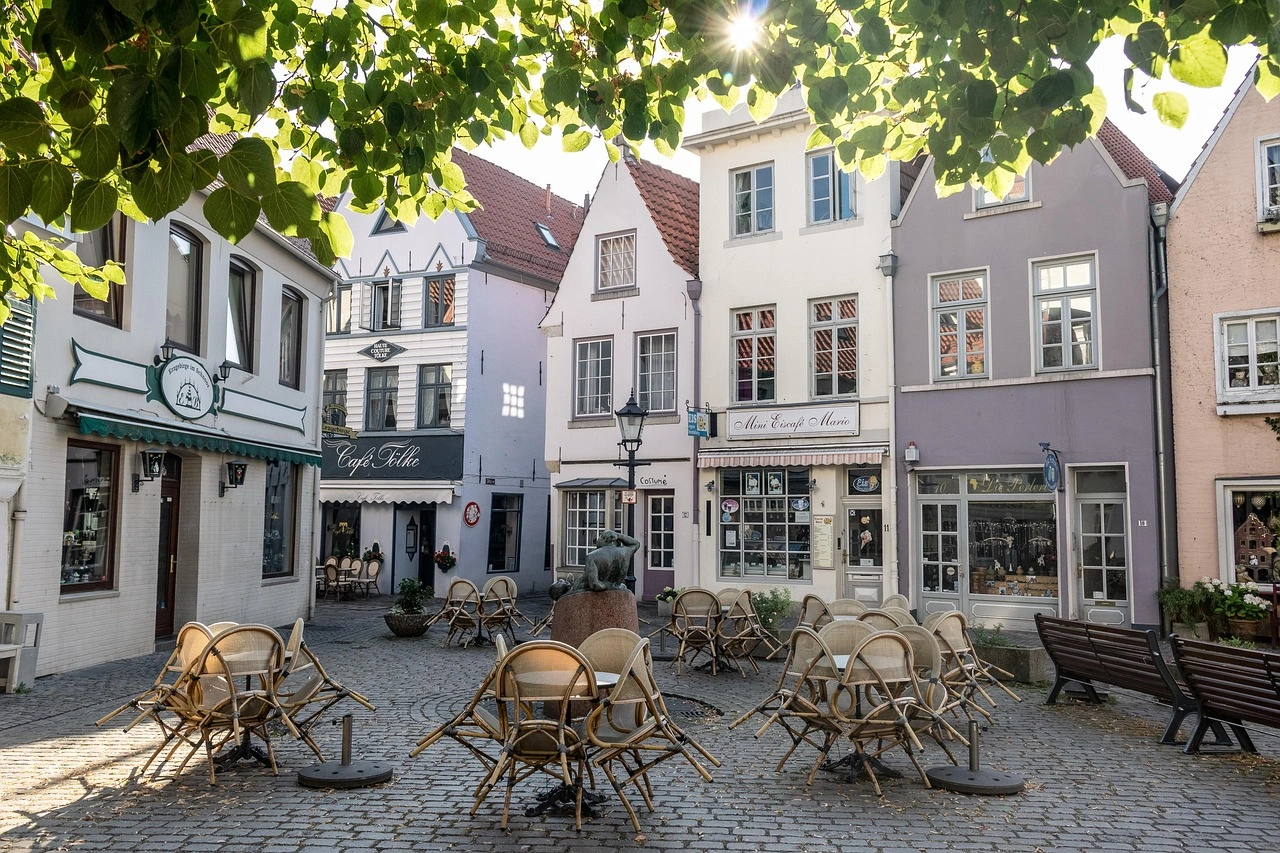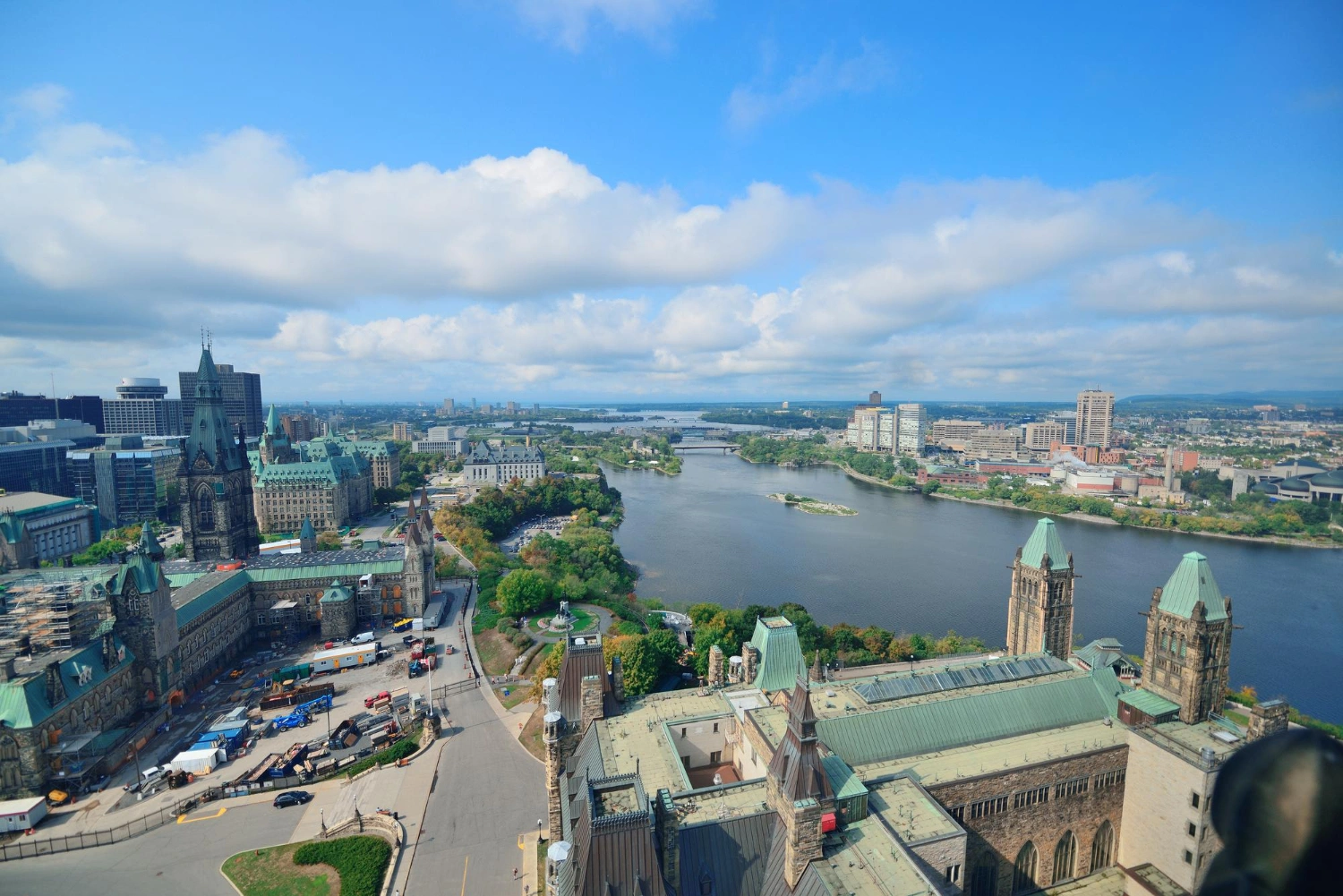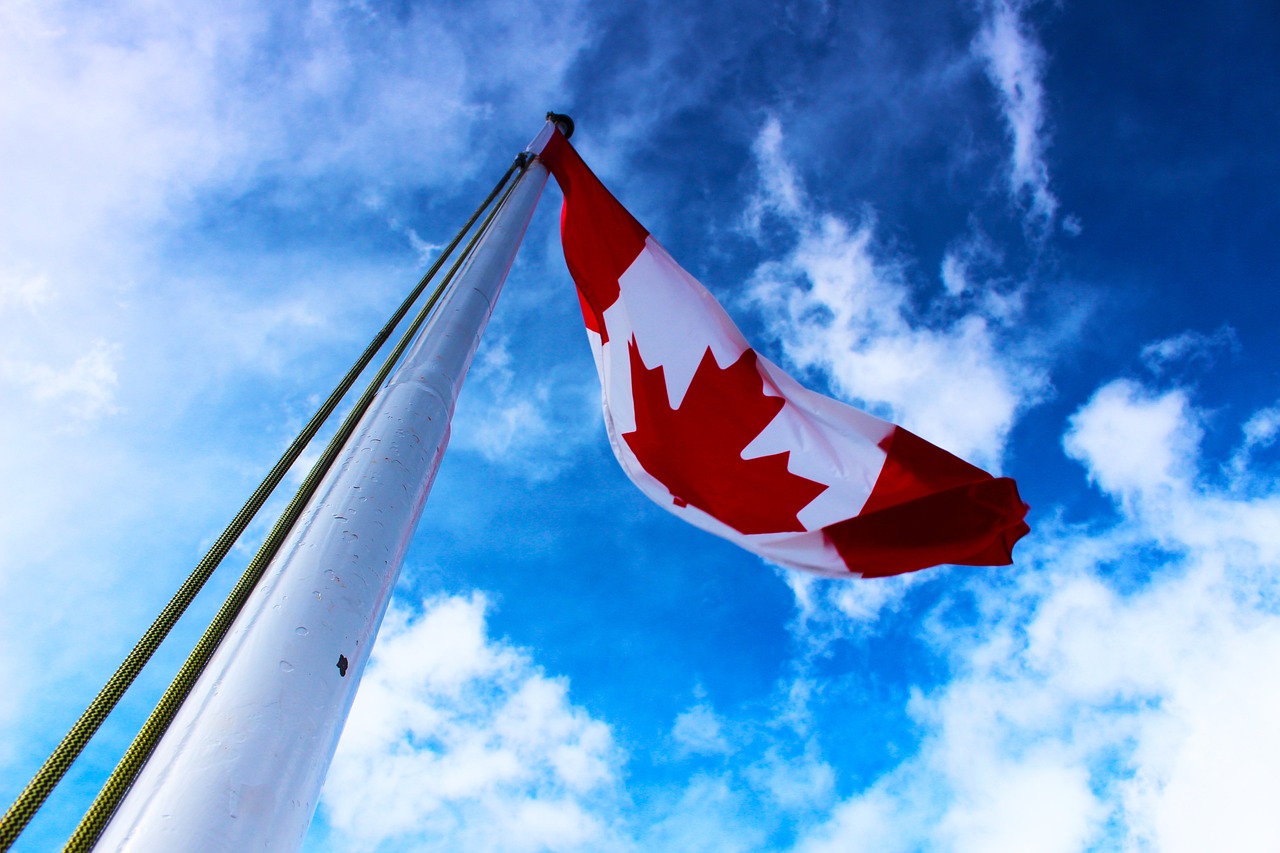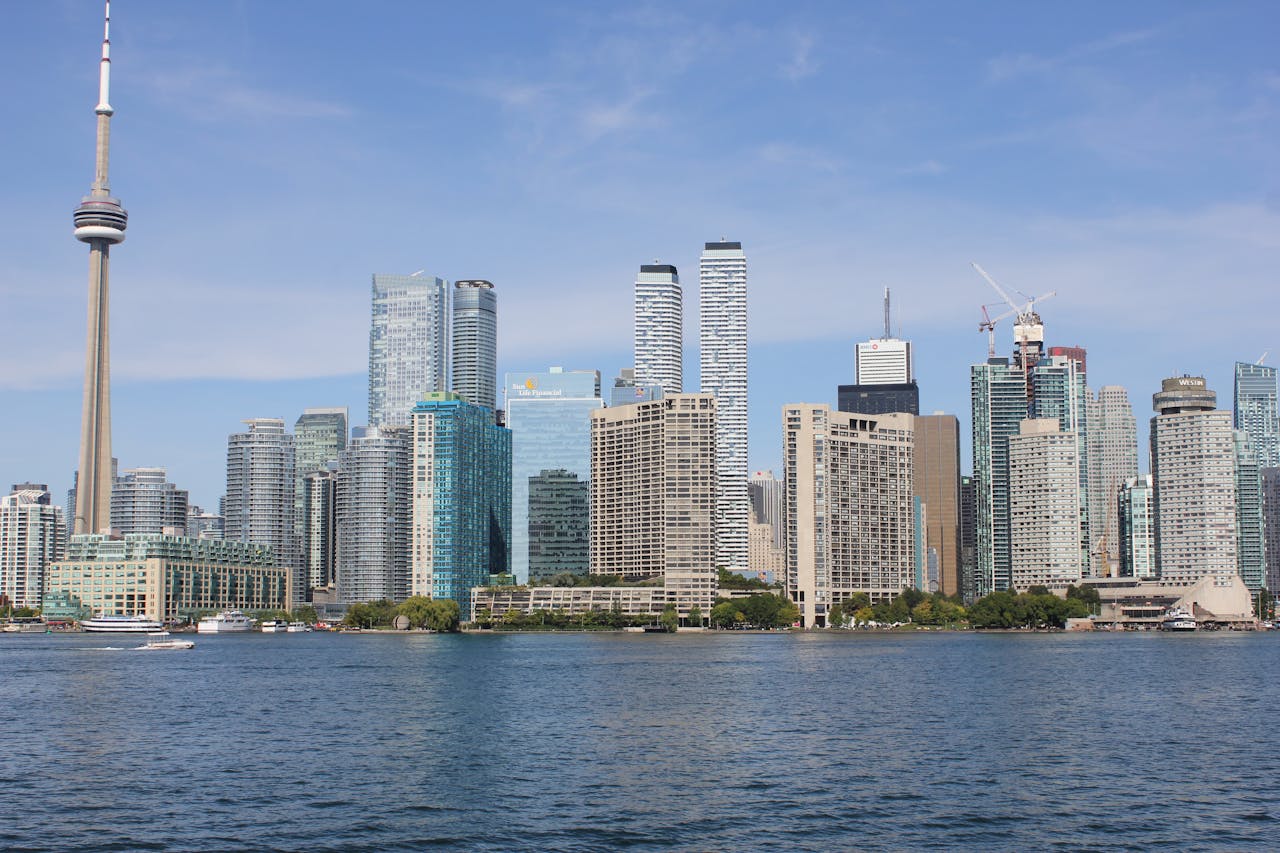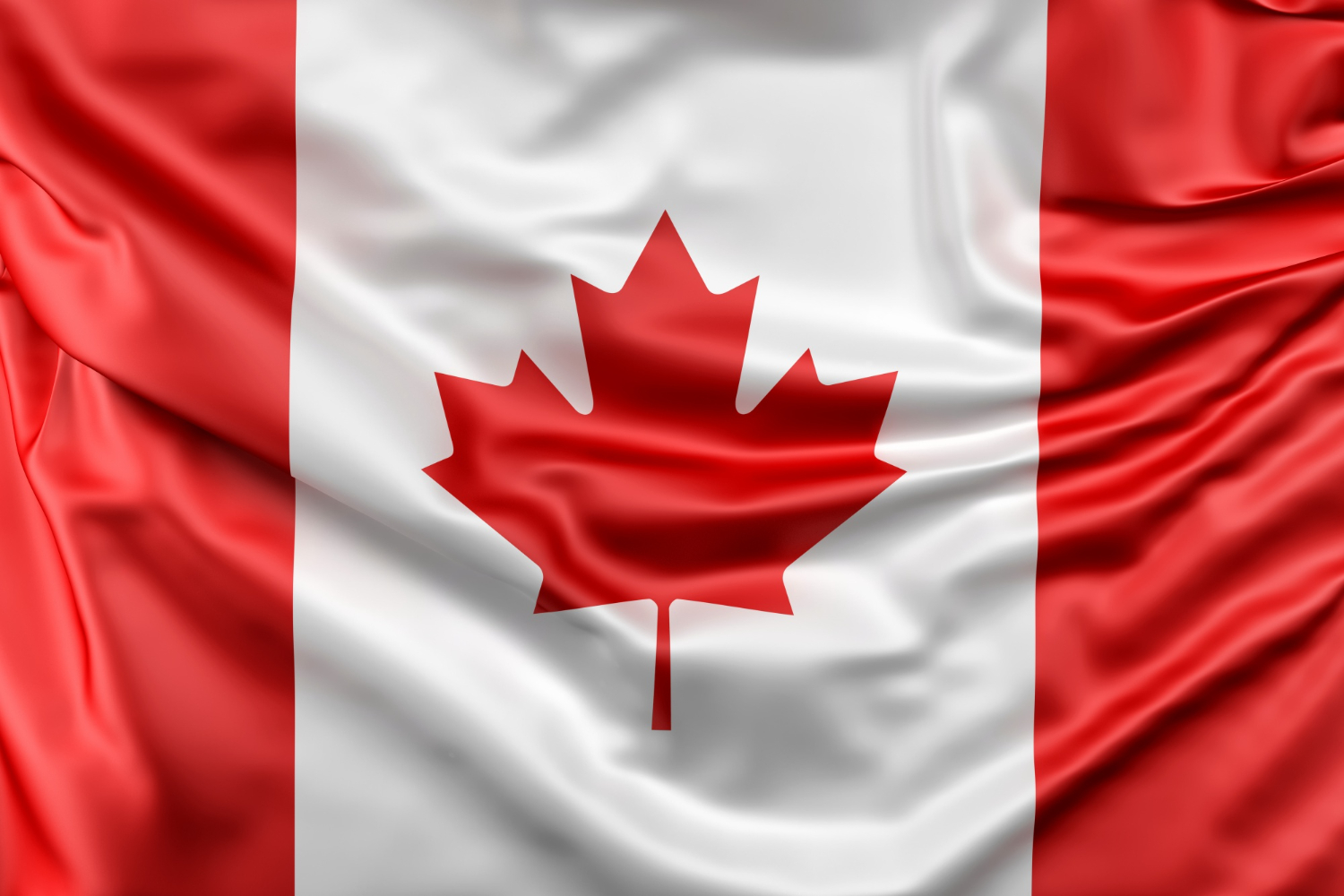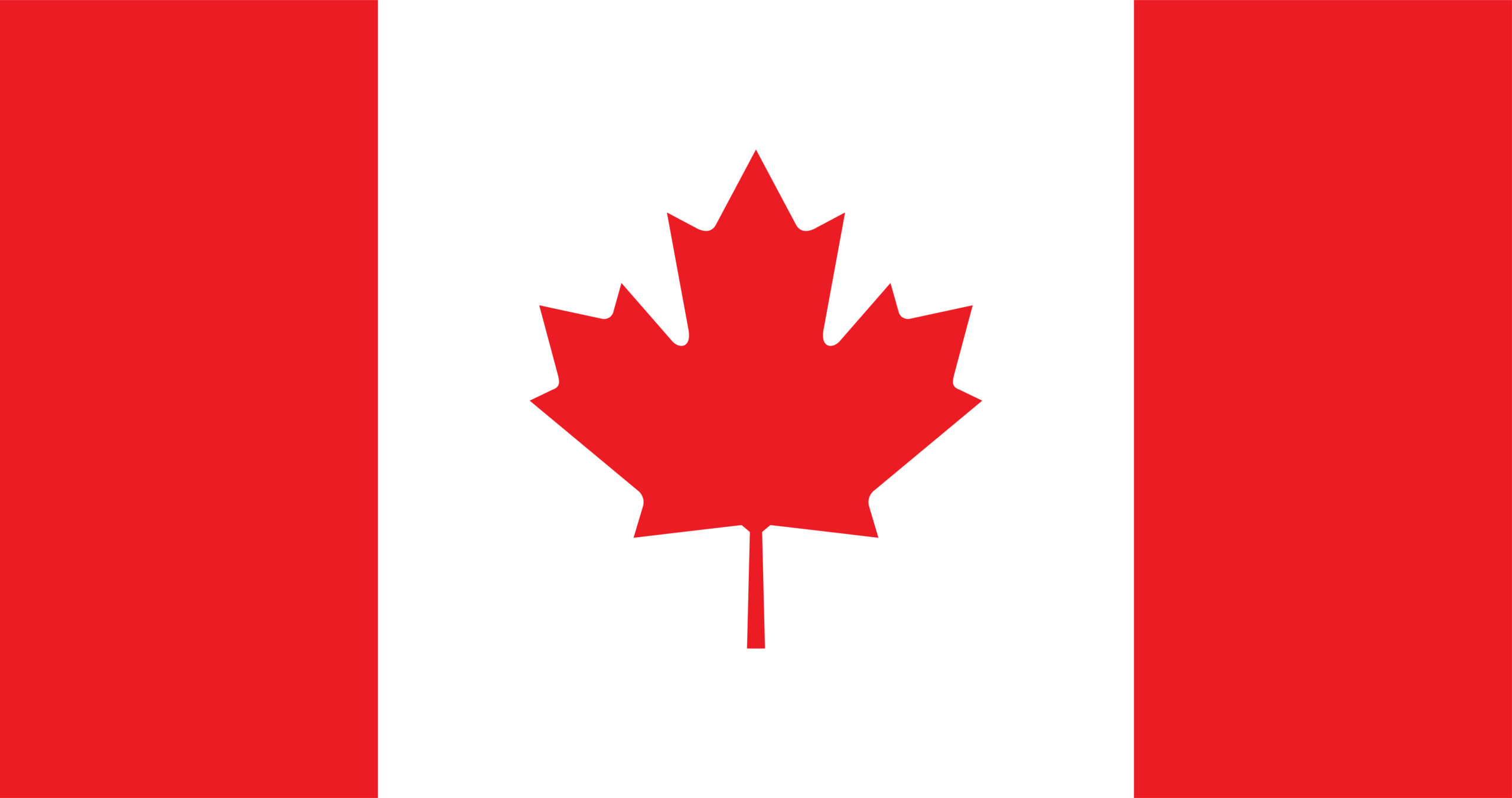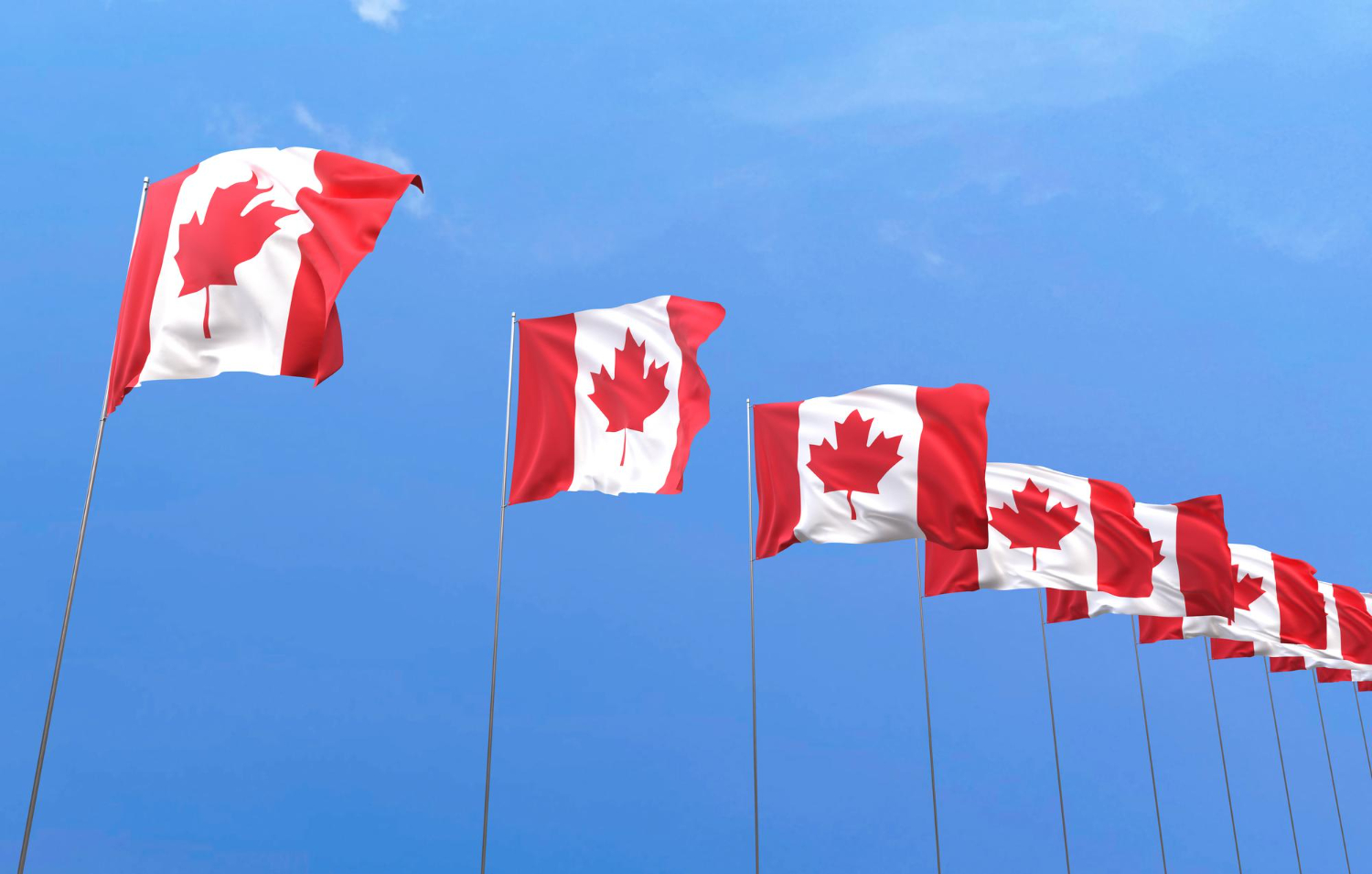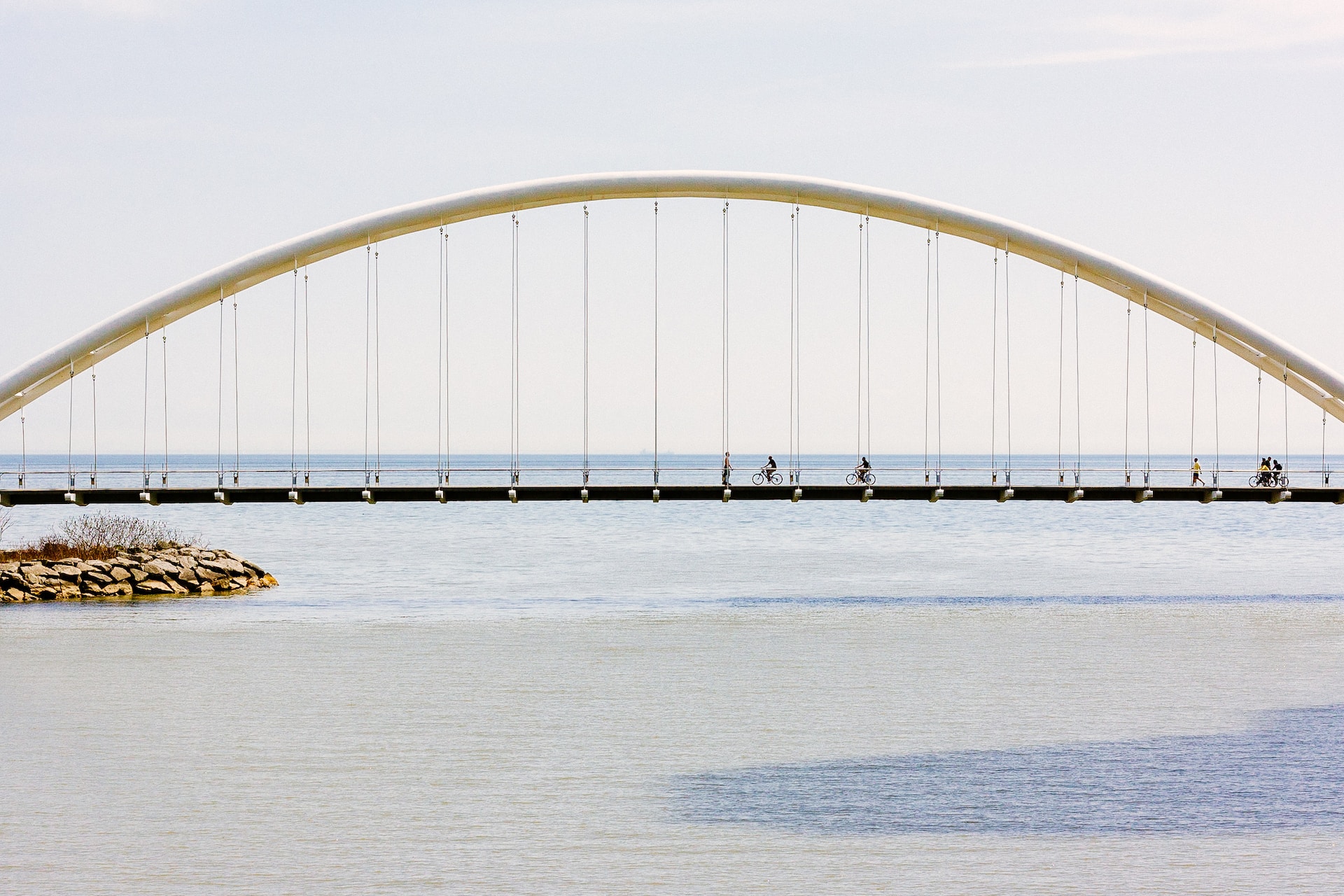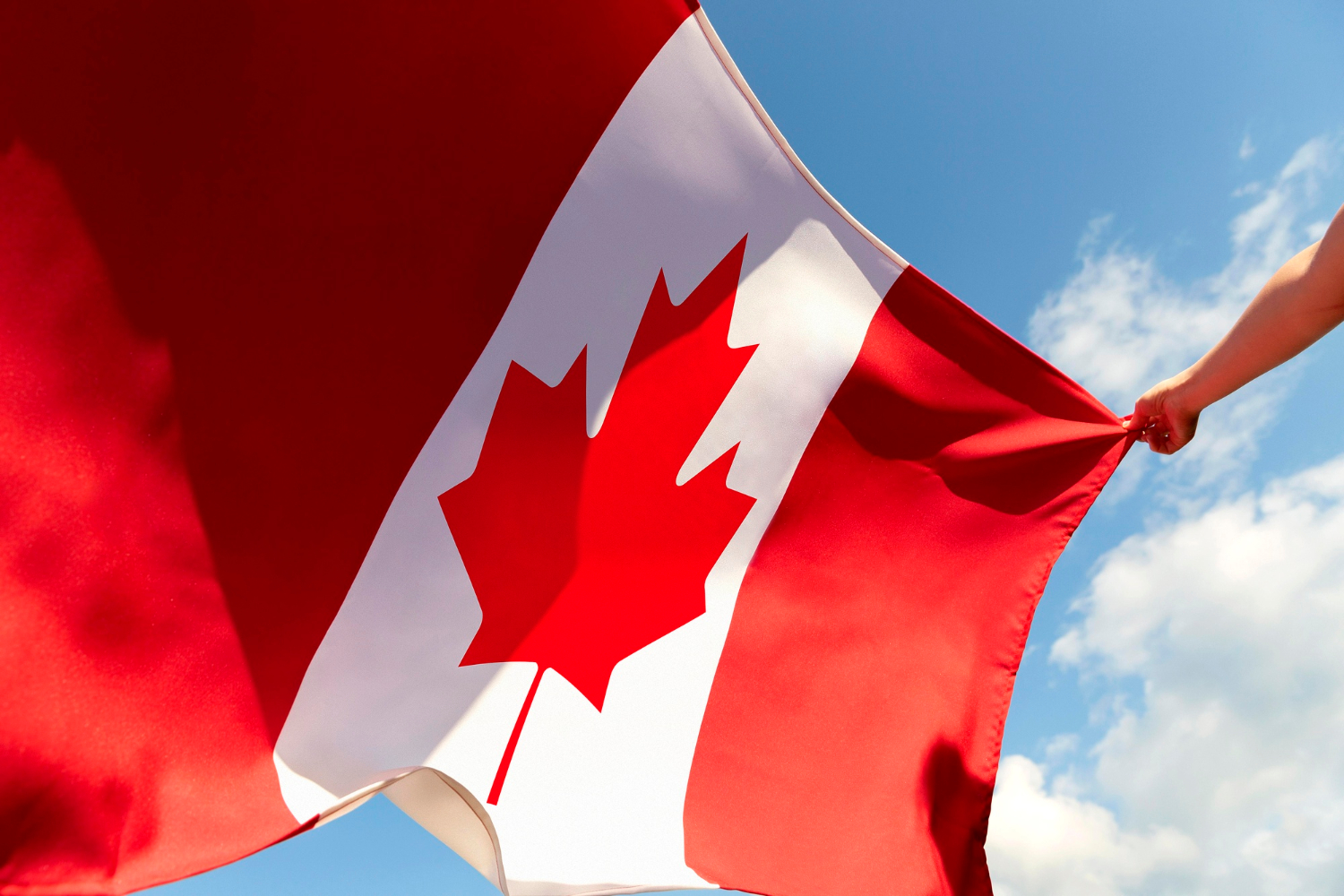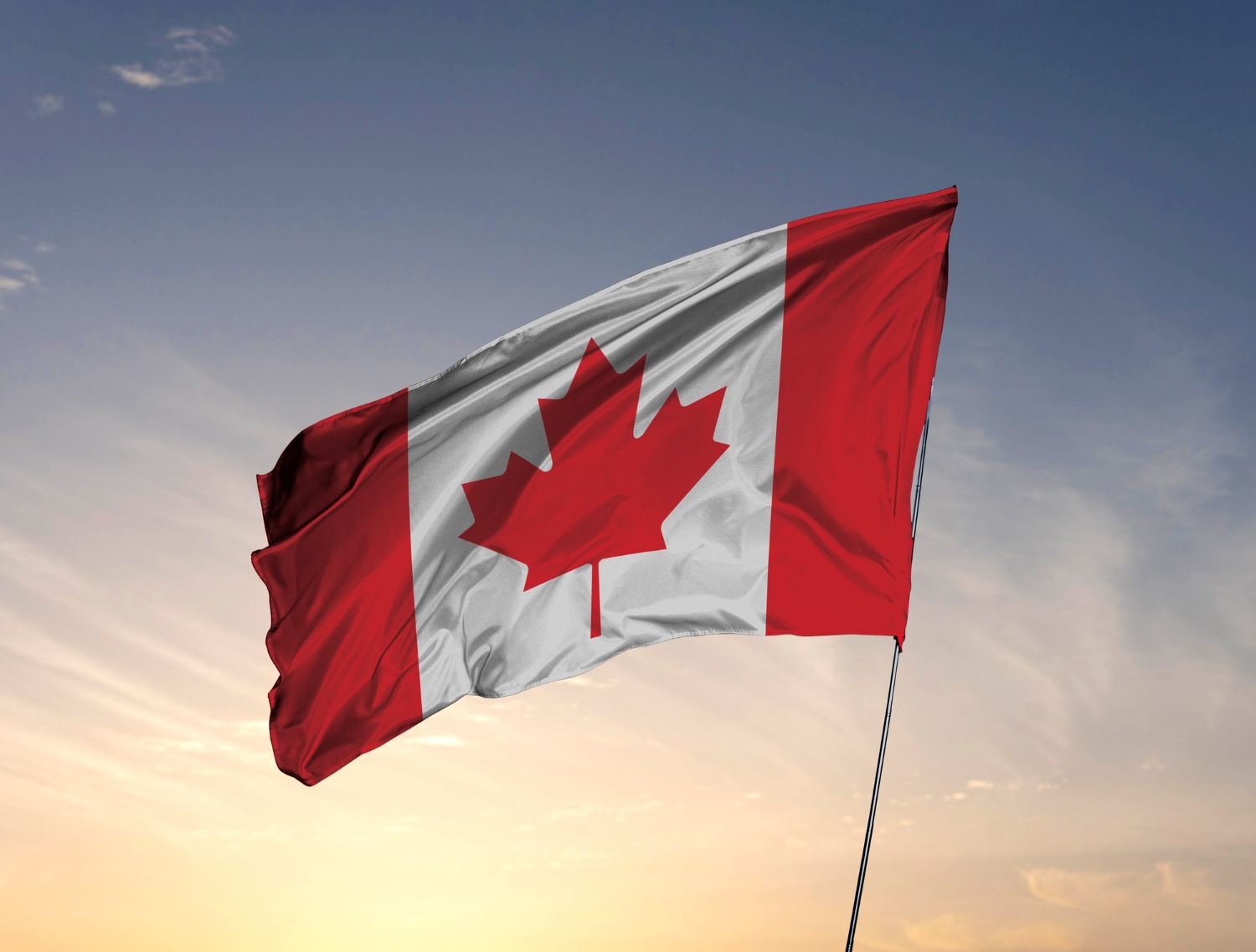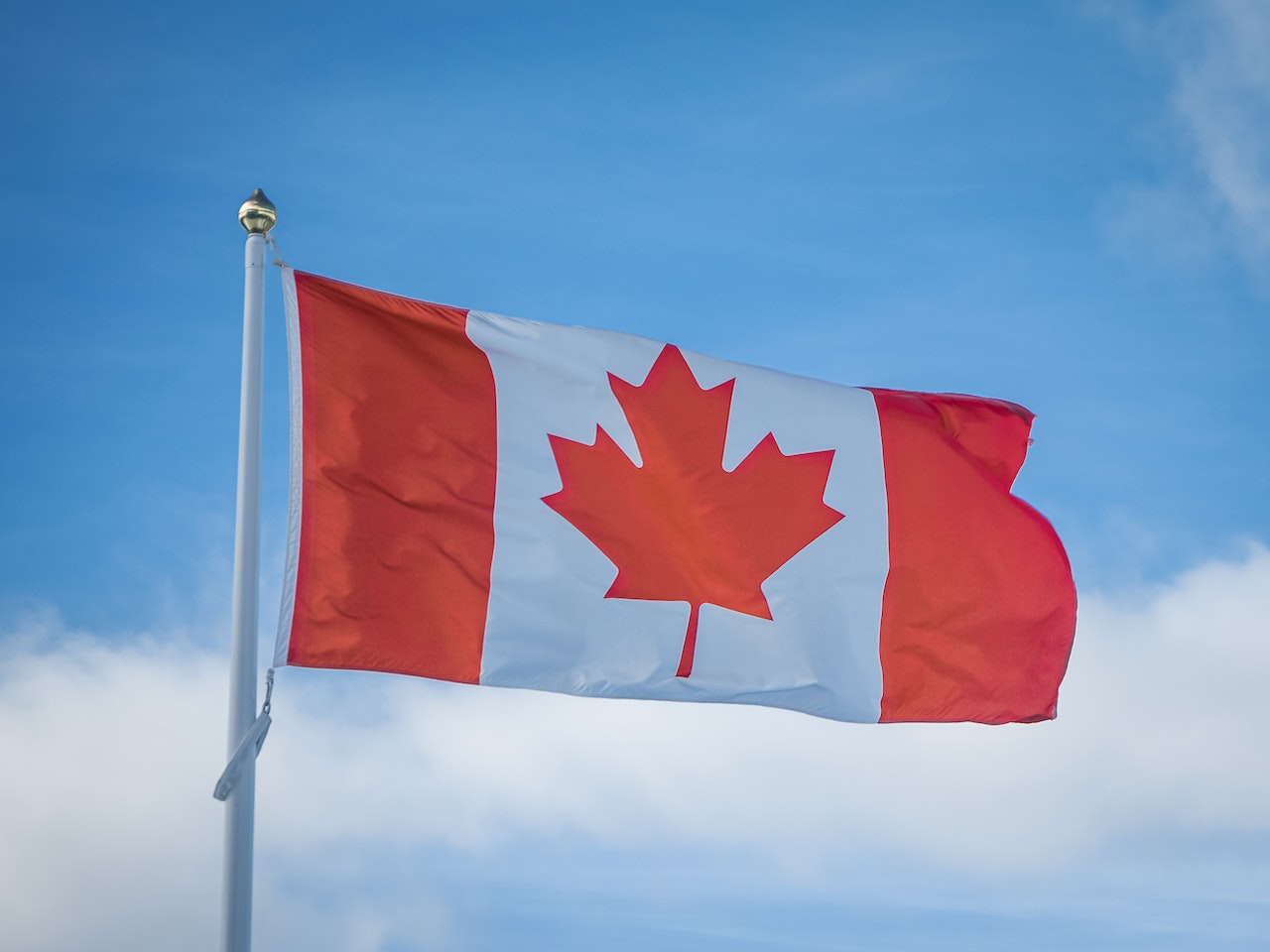
Canada continues to cement its reputation as a hub for world-class education, as four of its universities have ranked among the top 100 globally in the 2026 QS World University Rankings. Notably, McGill University has ascended to the top position among Canadian institutions, surpassing the University of Toronto, which had held the crown since 2019.
The rankings, published by global education analysts Quacquarelli Symonds (QS), evaluate universities using an array of academic, employability, and internationalization metrics. This year, McGill’s rise to 27th position globally highlights a notable shift in Canada’s academic landscape.
Also Read Canada’s Universities Make Global Waves in 2026 QS Rankings: McGill Takes the Lead
Canada’s Top Performers: 2026 QS Global Rankings
| University | QS 2026 Global Rank |
| McGill University | 27 |
| University of Toronto | 29 |
| University of British Columbia | 40 |
| University of Alberta | =94 |
McGill University: Rising to New Heights
- Global Rank: 27
- Overall Score: 88.9
Located in Montreal, McGill University has climbed two spots from last year’s position to claim the title of Canada’s top-ranked university. McGill’s strengths lie in its academic reputation, employment outcomes, and sustainability efforts, all of which were recognized with exceptionally high scores.
| Factor | Score |
| Academic Reputation | 98.1 |
| Employment Outcomes | 98.9 |
| Employer Reputation | 93.5 |
| Sustainability | 96.3 |
| Citations per Faculty | 72.4 |
| International Research Network | 92.9 |
| International Faculty Ratio | 88.6 |
| International Student Ratio | 93.5 |
| Faculty/Student Ratio | 67.3 |
| International Student Diversity | 69.6 |
University of Toronto: Still a Global Powerhouse
- Global Rank: 29
- Overall Score: 88.5
Though the University of Toronto (U of T) has slipped four places from last year’s rank of 25, it remains one of the top academic institutions in North America. U of T continues to dominate in academic reputation and remains the top-ranked university globally for sustainability.
| Factor | Score |
| Academic Reputation | 100 |
| Sustainability | 100 |
| Employment Outcomes | 99.4 |
| Employer Reputation | 99.1 |
| International Faculty Ratio | 97.9 |
| International Student Ratio | 97.5 |
| Citations per Faculty | 68.8 |
| Faculty/Student Ratio | 45.7 |
| International Research Network | 97 |
| International Student Diversity | 98 |
University of British Columbia: Steady Global Recognition
- Global Rank: 40
- Overall Score: 85.5
The University of British Columbia (UBC) retains its position among the world’s best, though it dropped slightly from 38th last year. UBC continues to be a leader in international research and ranks fifth globally in sustainability.
| Factor | Score |
| Academic Reputation | 99.6 |
| Sustainability | 98.5 |
| Employer Reputation | 96.5 |
| International Research Network | 96.6 |
| International Faculty Ratio | 98.5 |
| International Student Diversity | 81.7 |
| Employment Outcomes | 84.9 |
| Citations per Faculty | 70.9 |
| International Student Ratio | 79.8 |
| Faculty/Student Ratio | 34.7 |
University of Alberta: Rejoining the Global Elite
- Global Rank: =94
- Overall Score: 70.1
The University of Alberta climbed two places this year, reaching its highest ranking since 2018. Its improved performance is attributed to strong scores in international faculty ratio, research network, and sustainability.
| Factor | Score |
| Academic Reputation | 70.9 |
| Sustainability | 90.7 |
| Employer Reputation | 53 |
| Employment Outcomes | 77.1 |
| Citations per Faculty | 71.5 |
| Faculty/Student Ratio | 44.6 |
| International Faculty Ratio | 99.4 |
| International Student Ratio | 78.6 |
| International Research Network | 94.5 |
| International Student Diversity | 80.6 |
Other Canadian Universities in the Global Landscape
Several other Canadian institutions continue to perform well globally, reflecting the country’s overall academic excellence.
| University | Province | QS 2026 Rank |
| University of Waterloo | Ontario | =119 |
| Western University | Ontario | 151 |
| Université de Montréal | Quebec | 168 |
| McMaster University | Ontario | =173 |
| Queen’s University | Ontario | 191 |
| University of Calgary | Alberta | 211 |
| University of Ottawa | Ontario | =219 |
| Dalhousie University | Nova Scotia | 283 |
| Simon Fraser University | British Columbia | =308 |
| York University | Ontario | 333 |
| University of Victoria | British Columbia | =358 |
| University of Saskatchewan | Saskatchewan | 378 |
| Concordia University | Quebec | =465 |
Studying in Canada: What International Students Need to Know
Canada remains a popular destination for international students. To study here, students must enroll in a Designated Learning Institution (DLI) and secure a study permit. Applicants must first receive a Letter of Acceptance from a DLI and provide proof of sufficient funds.
| Number of Family Members | Minimum Funds Required (CAD) |
| 1 | $20,635 |
| 2 | $25,690 |
| 3 | $31,583 |
| 4 | $38,346 |
| 5 | $43,492 |
| 6 | $49,051 |
| 7 | $54,611 |
| Each additional member | +$5,559 |
Applicants may also need to submit biometrics, complete a medical exam, and provide police certificates depending on their situation.
Transitioning to Work After Graduation
Many international graduates are eligible for a Post-Graduation Work Permit (PGWP), which allows them to work in Canada for up to three years. This open work permit provides a pathway to permanent residency under programs such as Express Entry.
To qualify, students must have completed a program at an eligible DLI. Not all programs are eligible, so applicants must verify details before enrollment.
About the QS Rankings
The QS World University Rankings are one of the most respected benchmarks in global education. The 2026 edition analyzed more than 1,500 universities worldwide, using criteria such as:
- Academic Reputation (30%)
- Employer Reputation (15%)
- Faculty-Student Ratio (10%)
- Citations per Faculty (20%)
- International Faculty & Student Ratios (5% each)
- Employment Outcomes (5%)
- International Research Network (5%)
- Sustainability (5%)
Final Thoughts
Canada’s academic reputation remains strong globally, with several institutions climbing the ranks in the latest QS World University Rankings. For students both domestic and international, the country continues to offer robust opportunities for higher education and career development.




























